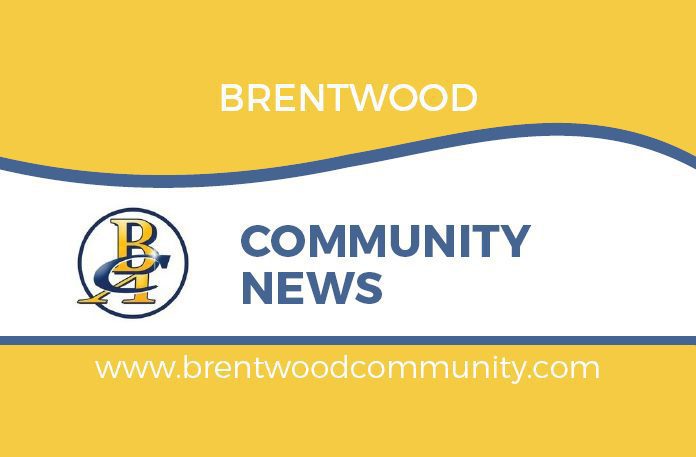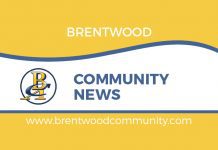by Melanie Swailes on behalf of the Development and Transportation Committee
Imagine that you and a group of coworkers, 20 people in total, decide to order pizza one day. An administrator is chosen to place the order and asks for input. 17 people request pepperoni, two say vegetarian, and one person wants Hawaiian. The administrator reports that “some” want pepperoni, and “some” want vegetarian (ignoring the Hawaiian option); while technically true, this report fails to convey an accurate picture of what has been said. Administration then determines that vegetarian is better for you so that’s what will be ordered. They feel they know what is best for the group as a whole, so even though a vast majority wanted pepperoni, that’s not what will happen. What would your reaction be?
At the time of writing (in May), blanket rezoning has been approved. There seem to be some legal challenges still underway, as well as a review of the process. The final Minutes have not yet been released, nor do they have details of some of the proposed Amendments. There will likely be updates in the media or online by the time this issue goes to print.
When writing Bugle articles, I’ve always tried to write factual and accurate information. I’ve often been told I am being too neutral and should be providing more insights and personal opinions, although more recently, one person did write that I was presenting a biased viewpoint. No pleasing everyone.
This month, this is my own opinion as I am reassessing my Development and Transportation Committee (DTC) role. After the lengthy blanket rezoning public hearings, I am completely disappointed and disillusioned by the process and by what I witnessed at council. If I no longer believe in the validity and importance of our community role in the development process, then I have a hard time telling “my” residents that their opinions matter and that they should get involved.
First, I’d like to thank every single person who took the time to write thoughtful and well-researched letters. Those letters, plus a well-attended meeting, plus a great deal of research were the basis for our BCA submissions opposing blanket rezoning. I was also part of a group of 52 representatives from CAs across the city who met with the mayor to discuss our concerns, plus I spoke at Council on April 29.
The Blanket Rezoning Public Hearing was the longest Public Hearing in Calgary’s history (15 days), with 736 Calgarians presenting at Council and 6,101 Calgarians submitting written statements, over 13,000 pages in total. The majority of speakers at Council (about 70%) were opposed to blanket rezoning, and the written letters were about 88% against. Despite this overwhelming and unprecedented opposition, blanket rezoning was approved by a 9 to 6 vote.
In the end, regardless of how much public feedback, it all comes down to just 15 votes: 14 for the Councillors plus one for the mayor. (Should the public have had a direct say? Although a plebiscite was debated at Council, it too was defeated.) The Councillors voting in favour of blanket rezoning were Jennifer Wyness, Jasmine Mian, Raj Dhaliwal, Richard Pootmans, Courtney Walcott, Gian-Carlo Carra, Kourtney Penner, Evan Spencer, plus Mayor Jyoti Gondek.
The six Councillors who opposed blanket rezoning were Sonya Sharp, Sean Chu, Terry Wong, Andre Chabot, Dan McLean, and Peter Demong. Some Councillors, especially Sonya Sharp and Andre Chabot, presented numerous Motions for amendments, but almost all were outvoted again and again.
At the conclusion of the lengthy Hearing, the task of Administration was to summarize the letters and comments into a What We Heard (WWH) report, which is available here: https://pub-calgary.escribemeetings.com/FileStream.ashx?DocumentId=286586. If you wrote or spoke, do you see your comments included? Do you think this accurately represents all of the public input?
In my opinion, City Administration failed completely with the WWH report: much of the citizen feedback was ignored, and therefore the report is inadequate, incomplete, and misleading. The WWH summary does not mention specifics such as lot coverage (60%), drainage, massing, shadowing, windows overlooking, heritage, or community character, all of which were brought up over and over again by speakers. The WWH report spends more time rationalizing why change should happen, rather than addressing the reasons for the massive opposition.
Statements such as “we’re all dealing with change” and “change is incremental” are dismissive and minimize the disruption that is faced by a homeowner who lives next to a single house that changes into an eight-unit building. Speaker after speaker in opposition to blanket rezoning told emotional stories about why they bought their home and why they love their area, and how they worked and saved to make that possible. Most acknowledged that change will happen and most agreed that more housing is needed, but they wanted a stronger voice regarding how and where changes should happen. During this whole debate, I never heard a single inner-city builder talk about what they love about communities. Developers see dollars where residents see a permanent home.
On my street, there are still some original owners who purchased their house in 1964 or 1965. None of them planned to wait until 2024 when the house would be worth $700,000! Homes were not seen as commodities to be bought and sold, they were first and foremost homes. What we lose with blanket rezoning is two things: one is the right to a Council Public Hearing before the land use is changed and the other is the sense of stability that has guided our community for over 60 years.
Communities change over time, but blanket rezoning puts developers and investors in charge of how they change. They do not have a stake in the community, they build a project then move on to the next one. They don’t come and help seniors rake leaves or shovel sidewalks; they don’t fill our Brentwood Cares food box. They don’t care about the students renting our older homes with suites, the same ones that will be torn down in favour of more expensive units.
Give communities a stronger voice within their own communities. We will figure out where to put density and various housing forms. We want the seniors to stay in our communities, and we will determine housing types that work. R-CG is not the right form: too many stairs for an aging population, for one thing. There were so many good ideas presented at Council; harness some of that energy and experience.
I have lost faith in the process at City Hall. When 13,000 pages and two weeks of hearings, with an overwhelming number of residents in opposition, cannot sway the outcome, I am left wondering what the point is of spending so much time and energy on a seemingly hopeless task.
That said, there have been many good things that have come out of this lengthy process, all of them related to the wonderful people I have met! Connecting with residents from within Brentwood, as well as other CA board members from throughout the city has led to new friendships and a renewed appreciation for my own community. Thank you for that.
Enjoy your summer and happy holidays.
If you would like to join our Community Association, you are always welcome to do so. Contact the office at [email protected] or at 403-284-3477.
Click here to the Brentwood Community News home page for the latest Brentwood community updates.











